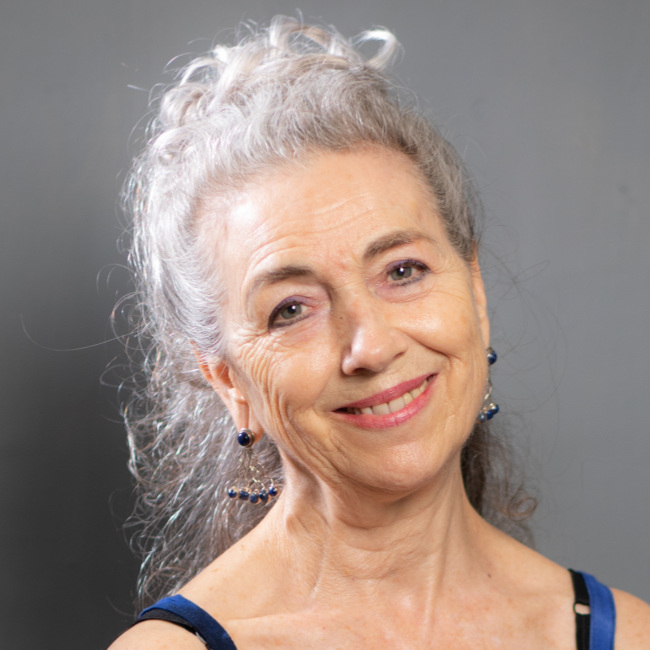A review by Madhuri of Alan Lew’s book, subtitled The Spiritual Path of a Zen Rabbi; “I enjoyed the book a lot, and I feel it’s valuable for opening our minds and letting in a bit of wonder and a lot of grounded feeling.”
 One God Clapping
One God Clapping
The Spiritual Path of a Zen Rabbi
Alan Lew, with Sherril Jaffe
Kodansha International, New York, Tokyo, London, 1999
315 pages
It’s beautiful to get into a book and realise that you’re in the presence of a really excellent intelligence – clear, simple, incisive; full of space and breadth and depth and height. Something in you takes a big breath, relaxes… and you begin to float, swim, and enjoy this bracing, yet easeful new milieu.
Alan Lew is the child of non-observant east-coast Jewish parents. Mystical experiences came to him very early. As a lost youth, he wandered out to California, where he became involved in both the Berkeley Zen Centre and the San Francisco Zen Centre. He spent the next 10 years in very sincere and inspired meditation practise, attending many sesshins and retreats at Tassajara. He became Head Monk at the Berkeley Zen Centre.
I enjoyed one passage where he describes how his father, as a dentist, was a realist: It just is like this. A dentist cannot live in illusion or romance! He sees the insides of things, raw and exposed. The author says he caught that from his dad.
There was a bad marriage for Alan and his youthful sweetheart, a successful stint at the Iowa Writers Workshop, a divorce, intense spiritual experiences, more restless travels – until one day in meditation he realised that though his practise was Buddhist, his soul was Jewish. And so, together with his new love, the love of his life (who is the co-author of the book), he jumped totally into Judaic studies.
I loved this passage, where he goes to a synagogue with a friend of his, Norman, also a Zen-Buddhist-reverted-to-Judaism:
“In the fifteen years that Norman and I had been close friends, I had never been in a synagogue with him, and I was shocked when he walked into the minyan and threw on a set of teffillin as if he’d never missed a day in his life. He picked up a siddur and began to daven with great fluency and passion, shukkling mightily backward and forward. After the service was over, there was a radiance on his face I had never seen before, not even after a sesshin in Tassajara. ‘Now that I’ve done Zen meditation,’ he said, ‘I could do this for the rest of my life and it would be enough. I wouldn’t have to do anything more. But if I’d never done Zen meditation, I wouldn’t even know what this is,’ he said. I knew exactly what he was talking about. I had felt exactly this way so often in my own prayer life, as if Zen meditation had opened me to the great richness of ordinary Jewish prayer, a richness that was no longer apparent to most Jews.”
Alan studied to become a rabbi, and worked as chaplain in hospitals and hospices, and finally as rabbi of a big synagogue in San Francisco, where he brought in meditation practise, to good effect.
I felt that if I were a practising Jew, I would be very happy to have him as my rabbi!
What little bits of Judaic texts that are explained (for this is something I know nothing about – I have great warm regard for Jewishness, without knowing anything about the religion) are sometimes spiritually intriguing. Other bits, more orthodox, seem constrained and pedantic – as the author himself observes. But I loved reading about the author’s exploration, including his trips to Israel, and his assays into the Talmud and the (apparently much more difficult and advanced) Kabbalah.
The book is simply excellent all through – the writing, the production, the explorations it contains. Osho has so many Jewish disciples; and he spoke so lovingly of Hassid mystics… This book describes a worthy pursuit. I think any spiritually, even religiously, inclined person could benefit from reading it; for it shows how 2 ancient traditions can get along and enhance each other, and thus take new wings… just fine!
What I liked about the writing: he tells of foolish things he did, or observes egoic positions in himself, in exactly the same impartial tone as successes and pieces of luck. It’s all just laid out, without being laboured. And there is profound feeling here – his love for his parents, his wife, his kids – shines through with the glow of depth and a kind of tacit, unspoken vulnerability; which has a strength with it. He’s not defensive.
So, I enjoyed the book a lot, and I feel it’s valuable for opening our minds and letting in a bit of wonder and a lot of grounded feeling. Sitting meditation (any meditation) is a good thing!





Comments are closed.